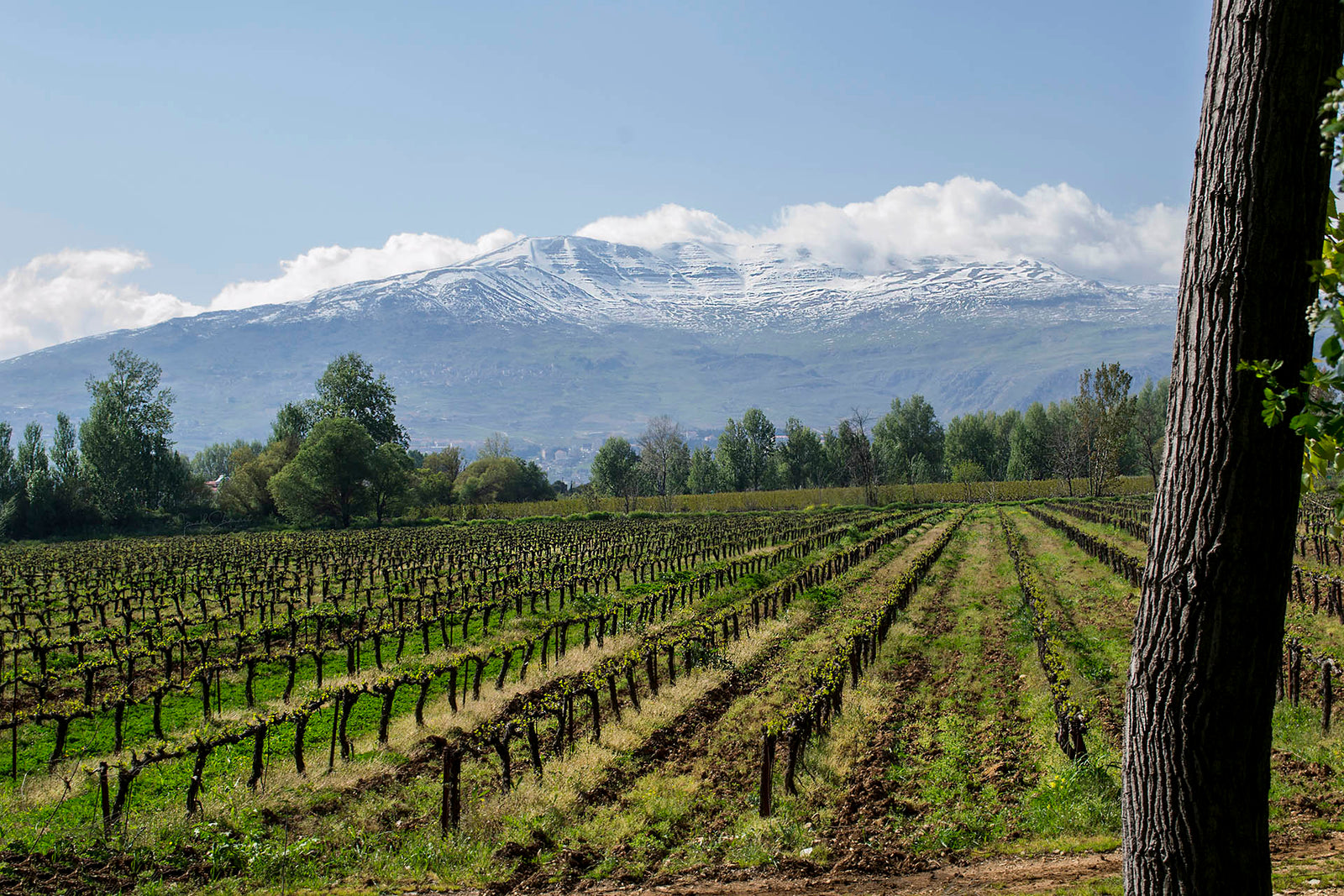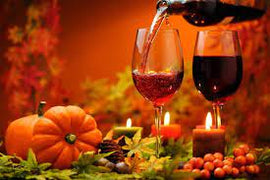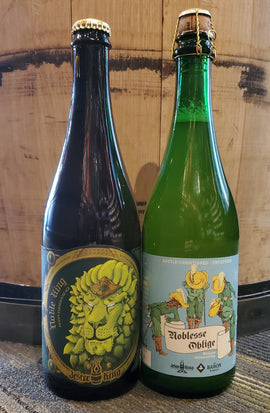Wine is probably not one of the first things people associate with Lebanon, and that’s a shame. The second smallest country by area in continental Asia, the Levantine nation squeezes an atlas worth of languages, faiths, and cultures into a quiver of space between the Mediterranean Sea to the west, Syria to the north and east, and Israel to south. And like many other regions with a long history and an overabundance of things people value, it has also experienced way too much conflict, plunder and appropriation over the years. But Lebanon’s viticultural practices go back almost as far as the cedar trees on the flag (see below for more details), and have been a relative constant through all the upheaval. So while not a skeleton key of course, wine is one way into this fascinating place that is relatively unencumbered by all the assumptions and competing agendas that mediate most of our information about it. The two Lebanese roses we are featuring this month are just a taste of a very rewarding tradition, definitely worth exploring further.
French in origin, the Hochar family arrived in Lebanon in the 12th century. In 1930, Gaston Hochar Sr. planted his first vineyards after returning from Bordeaux and founded Chateau Musar. In 1959, his son Serge Hochar became Chateau Musar’s winemaker while completing his winemaking studies at the University of Oenology in Bordeaux under the tutelage of Jean Riberau and Emile Peynaud. Musar’s vineyards were certified organic in 2006, making it the first winery in Lebanon to receive the designation. Most of the vineyards are located in the Bekaa Valley, between two parallel mountain ranges and stretching to Lebanon's Mediterranean coastline. Grape vines have been cultivated here for at least 6,000 years: the Phoenicians (navigators of modern Lebanon) introduced vines and wine from Byblos to all areas around the Mediterranean Sea. Serge Hochar's natural approach to winemaking means that the 180 hectares of Musar vineyards are managed with a minimum of human intervention, and all wines are made with this in mind. For example, all the grapes are picked by hand by Bedouins between August and October. In Musar winery, the fermentation is done by wild yeast, using as little sulfur dioxide as possible, and Musar red wine has never been clarified and filtered.
Ever since it was founded in 1857, Château Ksara has embodied the core values of Tradition, Nobility, and Modernity. As Lebanon’s oldest winery, they have made it their mission to not only continue their centuries-old practice of winemaking, but to also implement the newest and most innovative processes to set standards in winemaking for generations to come.
Chateau Ksara was started by Jesuit monks who inherited a 25-hectare plot of land situated between Tanail and Zahle in the Bekaa Valley. Resident priest Father Kirn recognized the potential of the terroir and convinced the other priests to plant French vines imported from Algeria. In doing this, the Jesuits produced Lebanon’s first “dry wine,” and laid the foundations of the country’s modern wine industry. In the 1920’s, the Bekaa Valley saw the arrival of tens of thousands of French civil servants and soldiers, all of whom needed a regular supply of wine. The Jesuits, who until this point had made wine for their own consumption in Lebanon and abroad, began to sell their wine under the label Caves de Ksara.
In the early 1970’s, The Vatican encouraged its monasteries and missions around the world to sell off any commercial assets. But by then, Château Ksara was producing 1.5 million bottles annually, and the monks’ success is now deemed to be at odds with their religious work, so Château Ksara was optioned to a consortium of wine loving investors who are keen to preserve the heritage of the historic winery.
Think Pink!
Carrie Upson-General Manager
|
Region/Country of Origin: Bekaa Valley, Lebanon |
About the Vineyards: Vineyards are located on the side of snow-capped mountains, with an altitude of more than 1,000 meters (3,000 feet). The calm and charming Bekaa Valley has nearly 300 sunny days a year, fresh air, and an average temperature of 25 degrees (including snowy winters) and hot summers. Far away from human habitation and unspoiled, the "organic" of Musar Vineyard has already gained everyone's tacit approval before the word was coined. About the Winemaking: The Musar Jeune collection was first produced in 2007. These unoaked, vibrantly fruity wines, made from the fruit of youthful Bekaa Valley vines, were introduced to meet the demand for a ‘current drinking’ Musar range. Made of 85% Cinsault and 15% Mourvedre from vines planted since 2000 at around 1,000m above sea level. The Juene Rosé is made of ‘saignée’ (‘bled’) method and pressing method using pink juice removed from the grape must, fermented in cement-lined vats and released unoaked a year after the harvest. Tasting Notes: This is a dry, lighter-colored, serious Rosé, best enjoyed with food. Soft red fruit with peach and quince notes. Smooth and rounded, it has raspberry, almond and red apple skin aromas and a warm finish and refreshing acidity. |
|
Winemaker: Gaston Hochar |
|
|
Price: $22per btl/ $237.60 per case |
|
|
Suggested Food Pairing: Baked Salmon Shellfish Roast Pork Tomato based pasta dishes |
|
|
Region/Country of Origin: Bekaa Valley, Lebanon |
About the Vineyards: Chateau Ksara’s vineyards are located in the Bekaa Valley at an average altitude of 1,000 meters. The vineyards benefit from the land’s own natural water table, which is situated between two snow-capped mountain ranges. Pesticides and herbicides are not used, so the grapes are grown almost organically. The soil ranges from chalk, to clay and chalk, to clay and limestone, but it is always stony. About the Winemaking: Made by bleeding (saignée) with a ten to 14-hour maceration and a fermentation at low temperature. After stabilization by refrigeration, the wine is immediately bottled to preserve the freshness and aromas. Tasting Notes: 60% Cabernet Franc, 40% Syrah. An intense salmon, pink hue. Orange blossoms, cream, sweet strawberry, red currant, red cherry, tart lemon, citrus, pomegranate, wet stone, mineral, and clay aromas and flavors. Bright medium plus acidity, medium body, concentration of flavors, with a medium finish. |
|
Winemaker: James Palge |
|
|
Price: $18 bottle/$194.90 |
|
|
Suggested Food Pairing: Mediterranean cuisine, sushi, raw vegetables cold meats. Best served chilled. |
|





